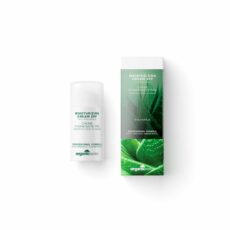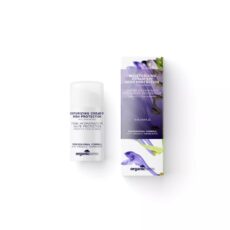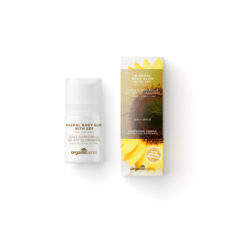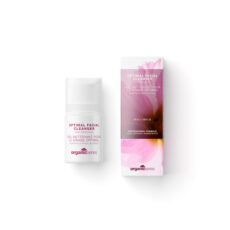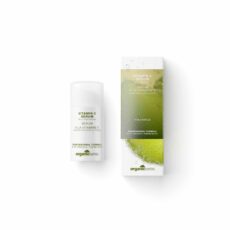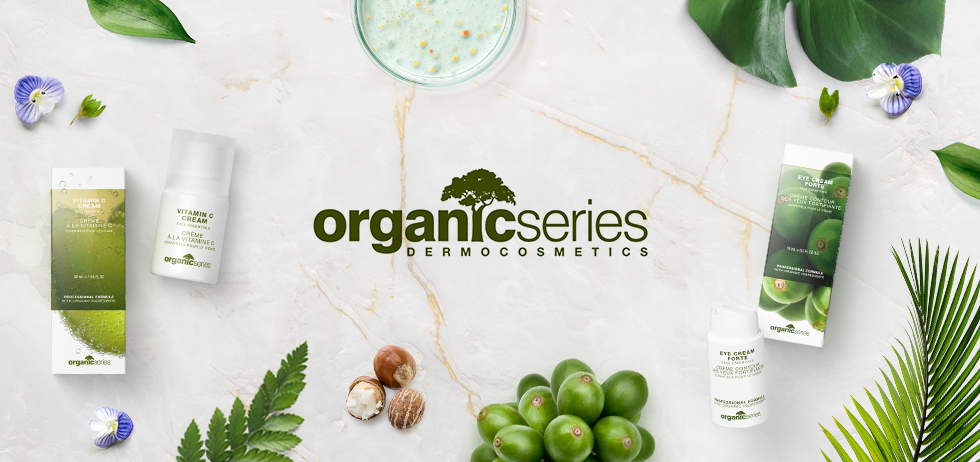What is sun protection?
 Sun protection is the practice of protecting your skin from overexposure to the sun’s harmful ultraviolet (UV) rays. Sun protection can help prevent sunburn, premature skin aging, and various forms of skin cancer.
Sun protection is the practice of protecting your skin from overexposure to the sun’s harmful ultraviolet (UV) rays. Sun protection can help prevent sunburn, premature skin aging, and various forms of skin cancer. Sun protection is extremely important for maintaining healthy skin. The two most effective forms of sun protection are sunscreen and clothing. Sunscreen should be used every day, regardless of the weather or season, as it offers complete UV protection with an SPF of 20 or higher. Clothing can also help protect your skin against the sun’s UV rays; opt for tightly woven fabrics, such as cotton or linen, that offer the most protection. It’s also important to limit your time in the sun during peak hours (usually between 10am and 4pm) and seek shade whenever possible.
It’s also a good idea to wear sunglasses when outside in order to protect your eyes from UV rays. Sunglasses should offer 100 percent UV protection in order to be effective. Additionally, it’s important to remember that many medications and cosmetics can increase the skin’s sensitivity to the sun, so be sure to check labels and use extra caution when outside while using these products.
What are the types of sun protection?
There are two main types of sun protection: physical and chemical.
Physical sun protection involves the use of physical barriers, like clothing (including hats, scarves, long-sleeved shirts and pants) or special occlusive products designed to protect your skin from the sun’s damaging rays. Some physical sun blockers include zinc oxide, titanium dioxide and clothing with a UPF (Ultraviolet Protection Factor) rating of 20 or higher.
Chemical sun protection involves the use of products like lotions, creams, and gels that contain special ingredients to block UV rays from reaching your skin. Examples of chemical sun protections are oxybenzone and avobenzone.
Sunscreen is the most popular form of sun protection. Sunscreen products are formulated with varying combinations of natural and synthetic ingredients that absorb, reflect, or scatter UV rays before they reach your skin. For example, many sunscreen lotions contain avobenzone, which helps protect from UVA radiation; titanium dioxide and zinc oxide, which protect from UVB rays; and ecamsule, which helps protect from both UVA and UVB radiation.
Another form of sun protection is chemical sunscreen sprays. They are similar to sunscreen lotions, but they can provide a more even coverage without leaving behind any white residue or feeling greasy on the skin.
Sun protection products also come in the form of powders and towelettes. Powders can be used as a touch-up after applying sunscreen lotion to areas that are difficult to reach, like the ears, feet, back, and shoulders. Sunscreen towelettes are convenient for when you’re on the go and don’t have access to a sink. They are pre-soaked with sunscreen and can be applied directly to the skin.
Finally, there are sun protection products that come in stick form. These sticks provide quick and easy application for areas like the face or lips. They can also double as a lip balm to help protect your lips from sunburn.
No matter which type of sun protection you choose, it’s important to remember that they all have their limitations. Even the most effective sun protection products can’t block 100% of UV radiation and should be used in conjunction with other forms of sun protection like clothing and shade.
How do I practice sun protection?
 In order to get the most out of your sun protection routine, it is important to follow a few simple steps.
In order to get the most out of your sun protection routine, it is important to follow a few simple steps.First, make sure you’re using a sunscreen with an SPF (Sun Protection Factor) rating of 20 or higher. This ensures that more of the sun’s rays are blocked. Be sure to apply a generous layer of sunscreen all over any exposed skin, and don’t forget to reapply at least every two hours or after swimming, sweating, or towelling off.
Second, wear protective clothing when you’re outside in the sun. Opt for tightly woven fabrics like cotton and linen. Darker colours are better for blocking out the sun’s rays, but if you’re in a particularly sunny spot, white or light-coloured clothing will reflect more of the UV radiation away from your skin.
Third, wear sunglasses that provide 100% UV protection when outdoors. Wrap-around styles do a better job of blocking out UV radiation from the sides.
Finally, seek out shade whenever possible. However, remember that even in the shade you can still get exposed to the sun’s rays, so it’s important to use sunscreen and protective clothing even when in the shade.
Do we really need sunscreen in the winter as well?
Yes, even in the winter you should wear sunscreen. UV rays from the sun can still cause skin damage year-round, so it’s important to protect your skin from sun exposure all year long. It’s especially important to use sunscreen on snow days as the light reflecting off of the snow can amplify the amount of UV radiation that reaches your skin. Additionally, those with fairer skin should especially be aware of their need for sun protection in the winter months.
It’s also important to note that sunscreen products don’t last forever and should be replaced regularly. Check the expiration date on any product you purchase to ensure you are using an effective sunscreen that won’t expire soon. With the right products and habits, you can protect your skin from sun damage all year long!
Here are the 7 reasons why you need to use sunscreen in the winter
 1. UV Rays from the Sun: Even in winter, you can still be exposed to harmful UV rays from the sun that can cause skin damage and premature aging. To minimize your risk of skin damage and cancer, sunscreen should be applied all year long.
1. UV Rays from the Sun: Even in winter, you can still be exposed to harmful UV rays from the sun that can cause skin damage and premature aging. To minimize your risk of skin damage and cancer, sunscreen should be applied all year long.2. Snow Days: On days when you’re playing in the snow, it’s especially important to use sunscreen as the light reflecting off of the snow can amplify the amount of UV radiation that reaches your skin.
3. Fairer Skin: Those with fairer skin should be especially aware of their need for sun protection in the winter months as they are more likely to burn and experience damage from the sun.
4. More Time Inside: During the winter months, we tend to spend more time indoors since there are usually fewer activities outdoor due to colder weather. And you need sunscreen even if you stay inside all day long, because we still get some sunrays through the windows etc.
5. Skin Cancer Risk: Regardless of the season, skin cancer is still a major risk. The use of sunscreen year-round will help to minimize your chances of developing skin cancer.
6. Avoid Sunburns: Anytime you go out in the sun for extended periods of time, there is potential for sunburns, which can be very painful and even lead to blisters. To protect your skin from sunburns and further damage, sunscreen should be applied all year long.
7. Protect Skin from Ageing: Even in the winter, sun exposure can still cause premature aging of the skin and other forms of damage. To protect your skin, sunscreen should be used even on cloudy and rainy days.
How to choose the best face sunscreen for winter, cloudy days and indoor lifestyle?
 When choosing a sunscreen for cloudy days and indoor lifestyle, look for formulas that are non-comedogenic (won’t clog your pores) and silicone-free. For maximum protection, look for labels with the words “broad spectrum” or “UVA/UVB protection,” which indicates that the product filters out both types of rays. Additionally, look for formulas that are lightweight and don’t leave behind a white cast or sticky residue on the skin. Lastly, be sure to check the expiration date on any sunscreen product you purchase to make sure it won’t expire soon.
When choosing a sunscreen for cloudy days and indoor lifestyle, look for formulas that are non-comedogenic (won’t clog your pores) and silicone-free. For maximum protection, look for labels with the words “broad spectrum” or “UVA/UVB protection,” which indicates that the product filters out both types of rays. Additionally, look for formulas that are lightweight and don’t leave behind a white cast or sticky residue on the skin. Lastly, be sure to check the expiration date on any sunscreen product you purchase to make sure it won’t expire soon.Usually, the SPF20 is ideal in such cases: it provides enough protection without being too heavy on the skin. However, when planning on spending your winter in the snow, opt for SPF40 instead!
So, even though you may be spending more time indoors in the winter months, it’s still important to wear sunscreen every day. Following these tips will help ensure you are using an effective sunscreen to protect your skin from sun damage all year long!
Expert Recommendation
Here at Organic Series, we believe that face sun protection is crucial at all times! That’s why we have options for all scenarios:
- The SPF20 Face Moisturiser for cloudy and rainy days, indoor lifestyle and fall/winter season

- The SPF40 Face Moisturiser for sunny days, outdoor lifestyle and spring/summer season
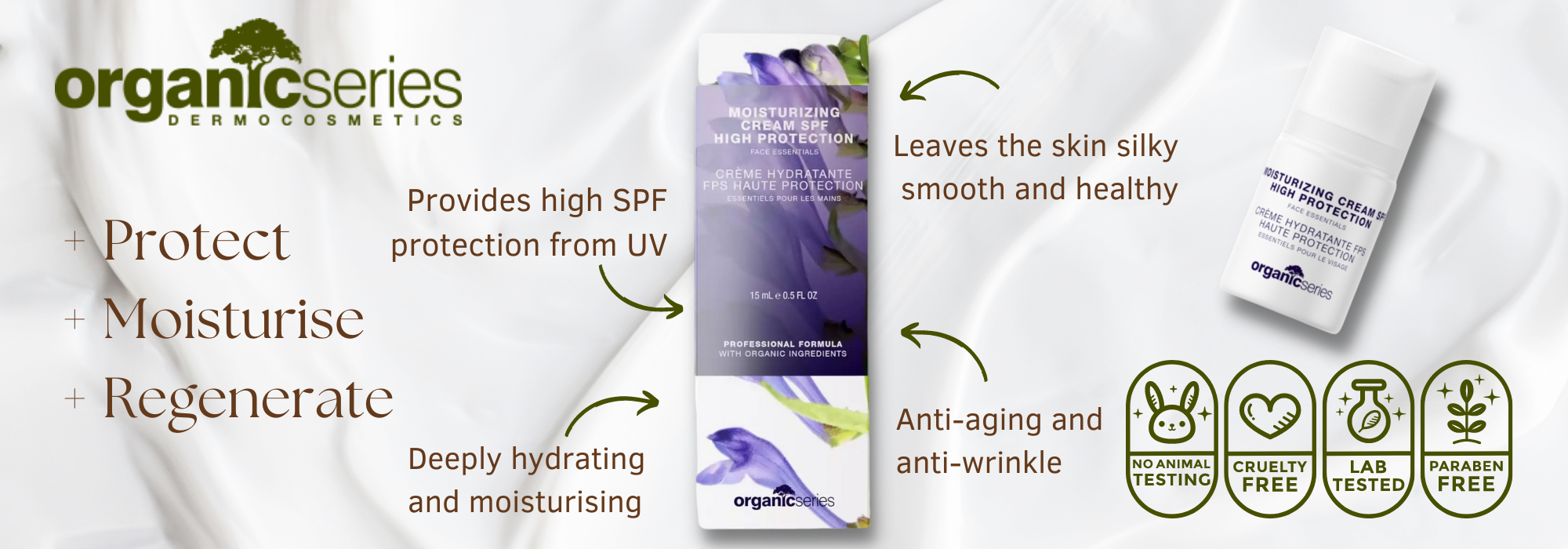
More inspiration
Follow Organic Series UK on instagram and facebook for more inspiration, expert tips and special discount codes!Sun Protection By Organic Series
-
Face Moisturiser with Sunscreen SPF20 | Moisturising Cream SPF20 By Organic Series | 15ml, 50ml, 200ml
From £ 12.00Rated 4.89 out of 509 reviews -
Face Moisturiser with Sunscreen SPF40 | Moisturising Cream SPF High Protection By Organic Series | 15ml, 50ml
From £ 12.00Rated 4.67 out of 506 reviews -
-
Organic Facial Cleanser | Optimal Facial Cleanser By Organic Series | 50ml, 200ml
From £ 24.00Rated 5.00 out of 505 reviews -
Organic Vitamin C Serum 10% | By Organic Series | 15 ml, 50 ml, 200 ml
From £ 12.00Rated 5.00 out of 505 reviews

Maria
Cosmetic Chemist
Maria
All Author Posts

